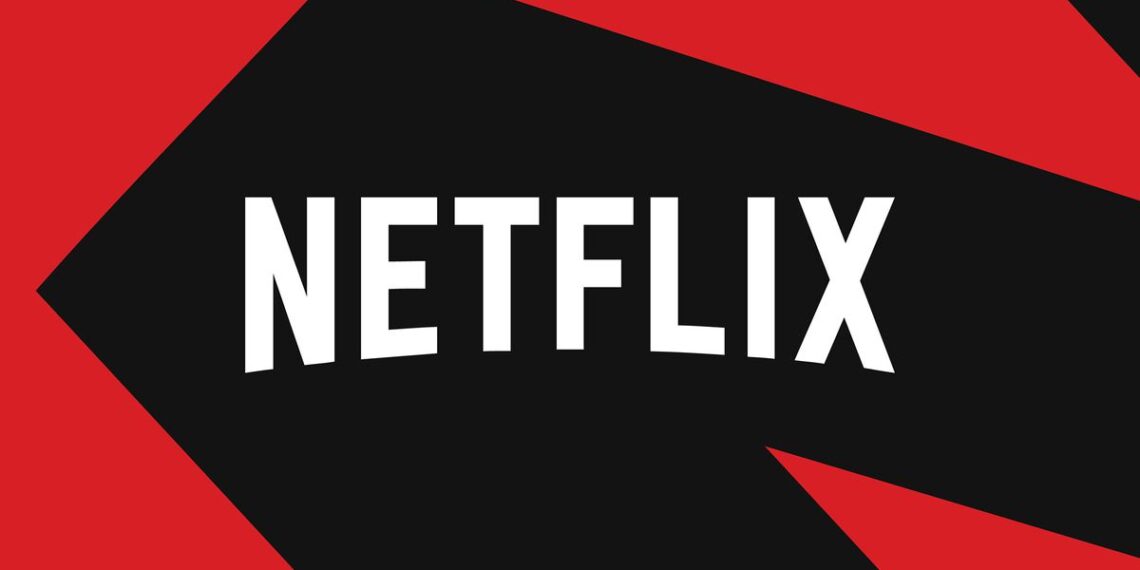Bloomberg cautions that the internal data it saw is “at least” a month old, and that it doesn’t account for multiple users watching via the same account. But the figures suggest that Netflix is finding its footing with the new revenue stream, after having been overwhelmingly reliant on subscriber revenue for most of its history. And Bloomberg notes that ad-supported subscribers appear to be new to the service, rather than users downgrading from a traditional ad-free plan.
Growth, but still slower than some competitors
Antenna’s analysis suggests Netflix’s shift towards an ad-supported model has been slower than competitors HBO Max and Disney Plus when they introduced their ad tiers in June 2021 and December 2022. By its third month, 36 percent of new Disney Plus signups were opting for an ad-supported plan versus 21 percent for HBO Max and 19 percent for Netflix. But it’s notable that Netflix has apparently now met its forecasts for advertisers, after initially failing to meet viewership guarantees.
Despite the growth, ad-supported users represent a tiny portion of Netflix’s US 74 million-strong US base. That could change in the months ahead, however, as the company’s long-promised crackdown on password sharing rolls out more broadly. If a user is price-sensitive enough to be sharing an account with a friend, the reasoning goes that they might also be price-sensitive enough to opt for a cheaper ad-supported tier.
Disclosure: The Verge recently produced a series with Netflix.
Credit: Source link





















